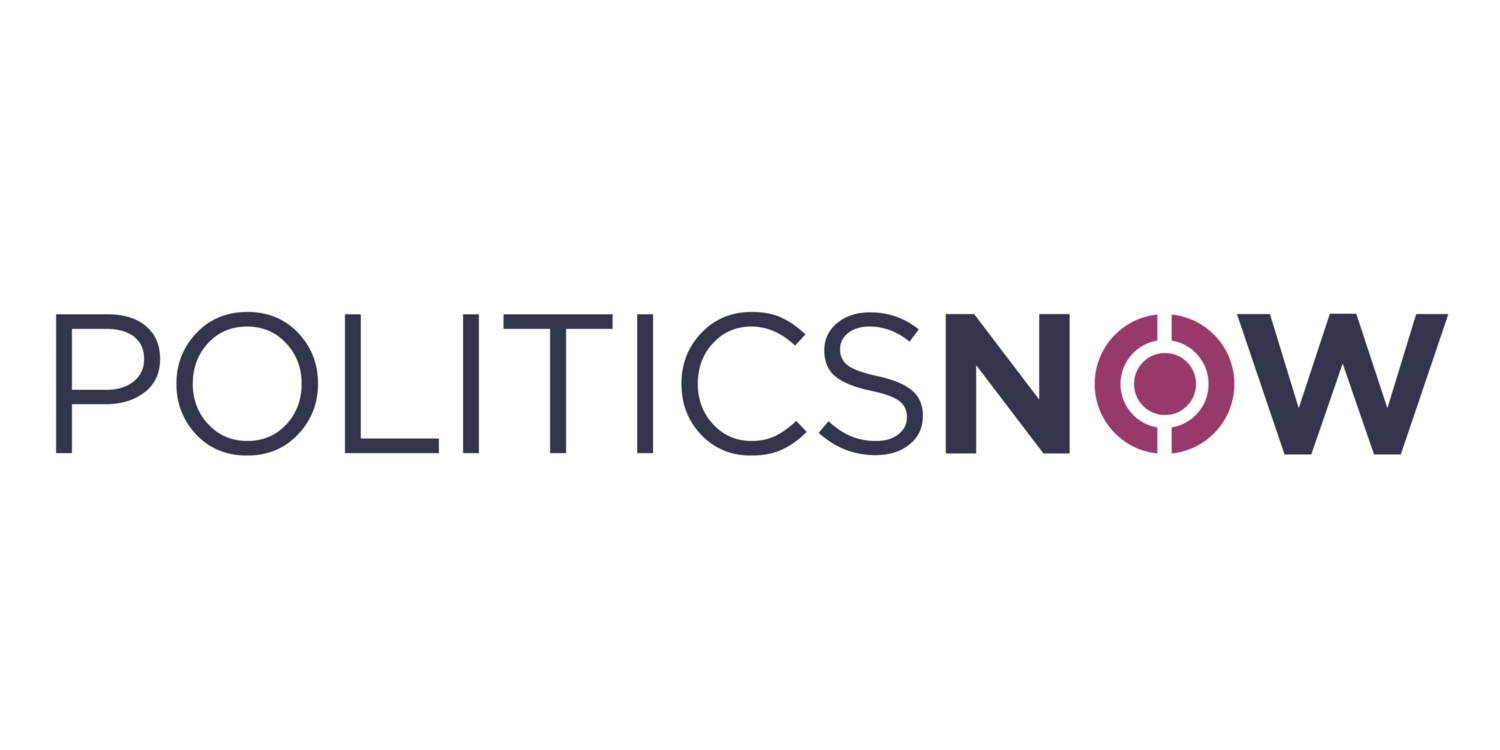Judy Kosmerly is running for School Board Trustee in Area 3, Wards 5 & 6 for Rainbow District School Board in Greater Sudbury.
Judy (she/her) is a graduate of Laurentian University (HonBSW'77). She worked for the Provincial Government for 34 years. She led a number of government initiatives, negotiated and managed agency service contracts, and championed good governance, teamwork and partnerships. Since her retirement, she sat on the board of Canadian Mental Health Sudbury and Manitoulin for 3 years and has been a Rainbow District School Board trustee since 2014. She sits on several committees, including the Parent Involvement Committee, Equity and Inclusive Education, Labour Relations, and Special Education Advisory Committee. She is the board's representative on the provincial public school board association (OPSBA).
Why are you running for this position?
I am a strong supporter of public education. I am concerned that public education may face a period of great uncertainty and change in the next four years. It will be critical to have strong leaders at board tables to advocate on behalf of students and families. I believe that my knowledge, experience, and determination make me such a leader.
What innovative projects would enhance life in your municipality?
Two things: first, follow through on all of the commitments described in the approved "Truth and Reconciliation: A Commitment to Action" framework; and second, making the dream of a mental health centre a reality.
What do you think are the greatest challenges your municipality faces?
With respect to the school board, there are several challenges: first, cuts to funding by the province. School boards have faced significant funding cuts in the past 8 years I have been a trustee. They are already as lean as they can be. Further cuts could be devastating. Second, increased interest by the province in the privatization of education services. Third, school years like the past two where students and staff are continually pivoting between in class and online learning. While the pivoting was required because of the Covid pandemic, studies show it has had a significant negative impact on students and their families and on school staff. Fourth, the province decided to eliminate public school board trustees. Several provinces have already done this (and some found eliminating them to be a mistake). Trustees are the link between schools and community, and play a vital role in governance oversight.
Other than the official ways of communicating (minutes, municipal notes), how else will you reach out to your constituents to involve them in the decision making process?
I make sure to post regular board meeting dates and major agenda items on community Facebook sites. I visit schools and attend school and board functions regularly so that people know who I am if they wish to speak with me. I answer all correspondence, and return all phone calls. My contact information is listed in the board's annual "Guide for Students", along with my picture. Every year I reach out to school councils in my area to let them know I am available if they wish to invite me to one of their meetings. I used to regularly attend one school council to share updates and obtain feedback.
What is your favourite thing to do in your municipality?
Attend school functions. I enjoy visiting classrooms and meeting with students and staff. This is what makes the role of trustee so rewarding! The past two years were very difficult because most if not all functions were cancelled. It was, therefore, a real pleasure to be able to attend last year's graduation and "step up" ceremonies. I look forward to attending many more school functions this year.
Why do you think it’s important for women to be represented in civic leadership, including on committees, boards and municipal councils?
Because women are part of the community and are impacted by decisions made by committees, boards and municipal councils. For this reason, their voices need to be heard.
In fact, ALL tables should reflect the make up of the communities they represent in terms of equity, diversity and inclusion.
What does a ‘feminist city’ mean to you?
A place where EVERYONE feels safe regardless of who they are, what they look like, and what their religious beliefs are.


